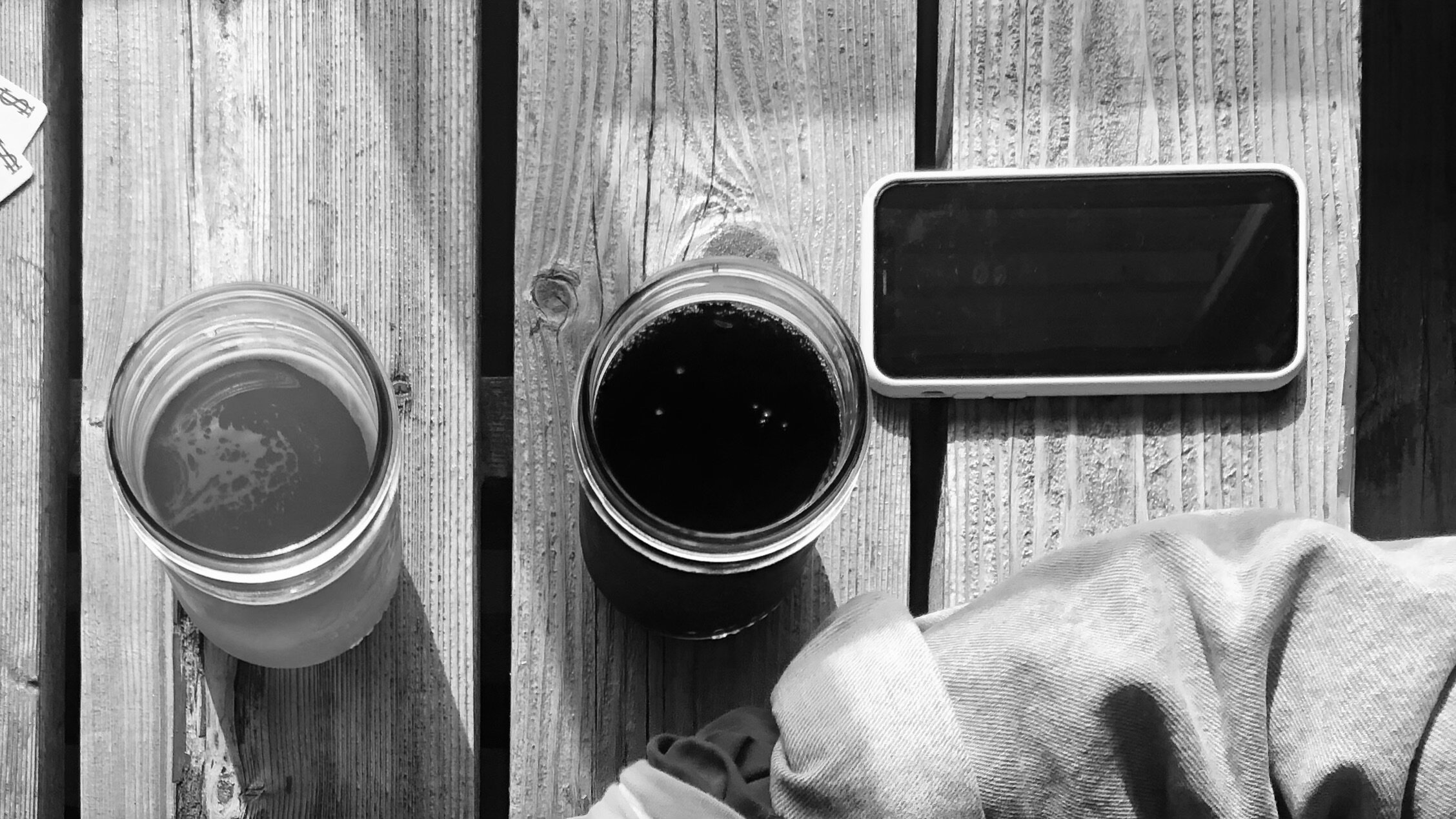This past weekend in Oklahoma was a cold one. Temperatures were well under freezing, the sun was hidden behind the clouds, and snow flurries were fluttering down from the icy grey side outside the windows of our home.
For some reason, it’s weekends like this when watching Harry Potter seems like the only thing to do. So, that’s what my wife, Sarah, and I did. We made a frozen pizza, poured some wine and turned on the tube to watch the most-recent Harry Potter spin-off, “Fantastic Beasts and Where to Find Them.”
Sarah and I weren’t half-way into the movie when the first death occurred on-screen. The murder wasn’t of a significant character; however, it was of a child. A baby.
In the film, you didn’t actually see the crime committed, but you knew what happened. The movie’s villain had just taken over a family’s home that he would be using as his ‘headquarters,’ and after he murdered the adults, he stumbled upon a nursery with a baby playin in its crib. The scene shows the villain dismissing his followers to the other room, and as they close the door, the villain raises his weapon to commit the crime. The entire scene is fleeting, running under 30 seconds, and then, it’s off to to the next scene, as if the child and its’ family had never existed.
We continued to watch the film, and about an hour after the scene of the anonymous family being killed, my mind went back to them.
I started to think about how I could watch something so awful and not feel anything. Sure, there was an initial shock, but overall, I felt no which way about the family that was killed. It was a short scene in a long movie with no-name characters. But life was still lost, and it had not affected me.
I began to contrast this same situation with another character, another baby, in the World of Harry Potter - Harry Potter himself. We are introduced to him a 10-year-old kid, and we get certain glimpses at his life as a baby along the journey of his story. We see how he was loved, how his parents sacrificed their lives for them and how he ultimately, avenged their deaths and saved the ‘wizarding world,’ and i’m quite certain that if he had died somewhere along the way, I would have felt something. I would have been affected.
Harry Potter had a name, and I knew it. He also had a story, and I knew that too.
The child in ‘Fantastic Beasts and Where to Find Them’ had no name, and there was no way to know it. The child, while young, also had a story, and I didn’t know that either.
Knowing one another’s stories is important. It’s so important that, in my opinion, without knowing others’ stories, would would lack the ability to empathize.
I have spent countless hours with Harry Potter. Reading the books and watching the movies has occupied a portion of almost every ‘snow day’ i’ve had since I was an 11-year-old boy sitting by the fire at my parents house. I took time to know him.
On the other hand, I had no time to get to know the anonymous child, mostly because the director didn’t allow for it, but the lesson rings true: To know someone, to spend time with them and to hear their story changes our entire paradigm when faced with loss, gain, adversity, celebration, misunderstanding and triumph.
When we know another’s story, it changes our life, and it changes our ability to interact with theirs.
-Cliff
Cliff’s Note: Knowing story leads to empathy.




















